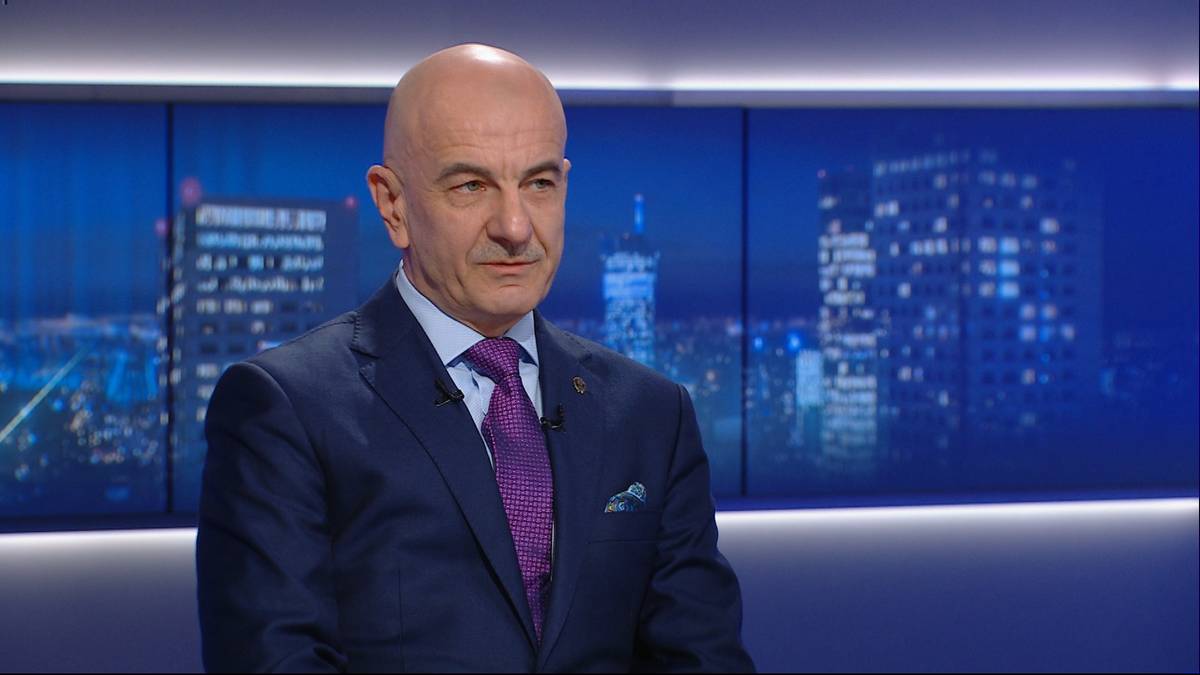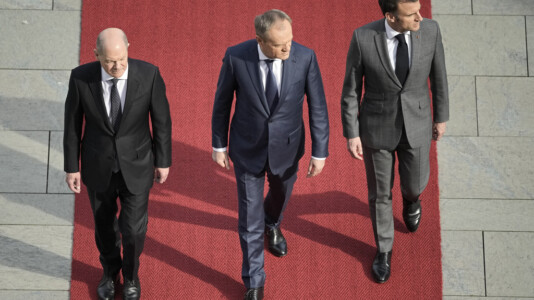In a candid discussion on Polsat Television, General Rajmund Andrzejczak, the ex-chief of the Polish General Staff, said the Ukrainians have lost millions, not hundreds of thousands, and are losing the war.
“More than 10 million people are missing. According to my estimates, losses should be in the millions, not hundreds of thousands. The country has no resources, no one to fight. Ukrainians are losing this war,” said the general.
As a result of events in Ukraine, he voiced concerns over the imminent threat of war, suggesting Poland has a two to three-year window for preparation.
Andrzejczak emphasized the duality of calming fears and taking decisive action.
“We need to prepare… A lot depends on us, whether it will be in two, three, or five years. Our mission is to push the threat further away. There is still time, but much work is needed,” he said.
His comments came in response to German intelligence data suggesting that post-2026, Russia could attack a NATO country, leading him to believe that Poland has a critical two- to three-year preparation period.
[pp id=72952]
Highlighting outdated aspects of Poland’s defense strategy, Andrzejczak also commented on the recent presidential elections in Russia, indicating that the outcomes would simplify matters for Putin, such as initiating another wave of mobilization, which bodes ill for both Ukraine and Poland.
Addressing concerns over Ukraine’s dwindling anti-aircraft missile supplies by the end of March, Andrzejczak predicted more effective strikes, casualties, and infrastructure damage.
“The Ukrainians are losing this war,” he stated plainly.
The general also critiqued the allocation of funds within the EU’s ammunition production program, where Poland received €2 million from a €500 million pool. Andrzejczak argued for a complete overhaul of the country’s ammunition production strategy to meet demand on time, calling for more, faster, and diversified production, which would require tough political decisions and hard work.
[pp id=84405]
Reflecting on the current state of Polish defense industries located near the eastern border, he advocated for expanding capabilities and building new factories in regions like Silesia and Lower Silesia, possibly in cooperation with American firms, to produce essential munitions for tanks and artillery.
When questioned about Poland’s stance on nuclear armament, Andrzejczak firmly supported the idea of Poland joining NATO’s nuclear sharing program, suggesting it would elevate Poland’s strategic position significantly. He said he believed that possessing NATO nuclear warheads would indeed deter Russian aggression, echoing a sentiment of enhanced national security and regional stability amidst growing geopolitical tensions.






